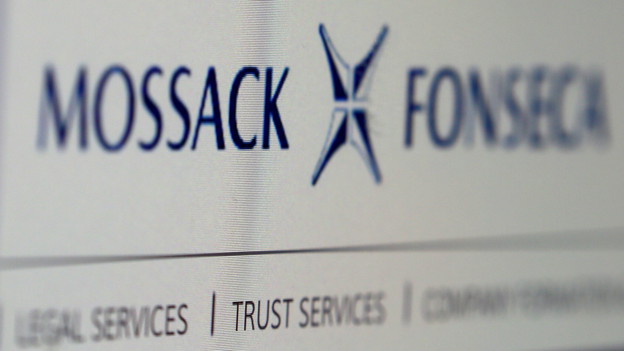The Panama Papers leak, has brought up some fascinating stories of the rich and powerful hiding their wealth through shell companies and secrecy. From David Cameron’s dad to Petro Poroschenko and Lionel Messi it’s clear that individuals have been taking advantage of tax havens.
But it’s not just the rich and famous who have been caught out by the Panama Papers leak. Multinational companies are also using secret subsidiaries, complicated structures and tax havens to avoid public scrutiny. Next week the EU will publish new rules on tax transparency for EU multinationals. However, the leaked draft of the proposal fails to deliver real transparency and will allow companies to continue using the kind of legal and accountancy tricks highlighted by the Panama Papers to keep down their taxes.
Take for example one of the cases revealed in the Panama leak, that of Heritage Oil and Gas Ltd. The UK company is listed on the London Stock Exchange, operates in Uganda and was incorporated by Mossack Fonseca & Co Bahamas, the law firm at the heart of the Panama leak, as its registered agent. According to the ICIJ, in 2010 Heritage sold its 50% stake in Uganda’s oil fields for $1.5 billion to Tullow Uganda Ltd. Tax on the sale would have been $404 million.
The ICIJ state that the company then artificially re-domiciled to Mauritius, with the help of Mossack Fonseca. A ‘double tax agreement’ between Uganda and Mauritius allegedly helped the company to avoid paying taxes on their sale of their stake in Uganda’s oil fields. A spokesperson for Heritage told the Guardian: “Although only a subsidiary issue in Heritage Oil’s ongoing litigation with the Ugandan government, it is a fact that the process of re-domiciling one of Heritage Oil’s subsidiaries from the Bahamas to Mauritius had begun long before the completion of the transaction that ultimately gave rise to the tax dispute with the Ugandan government. The process of re-domiciling was commmenced [sic] for a variety of reasons.”
While the complex tools and tricks the company purportedly used to avoid paying tax were not illegal, it exposes the kind of secrecy at the heart of the global financial system.
Corporate transparency is vital to ensure that details of multinationals’ activities, locations and payments to governments are public. That way citizens, journalists and civil society can ensure that corporations contribute to the societies where they operate and mitigate corruption and money laundering risks.
Had real public country-by-country reporting been in place for EU companies’ operations abroad then these complex tax arrangements could have come to light in Heritage’s annual reports rather than through leaks.
Unfortunately what the EU is proposing on corporate transparency just doesn’t make the cut. If the leaked draft will be the Commission’s final legislative proposal next Tuesday, then it will allow EU companies to continue using tax havens and shell companies without anyone knowing about it. The draft proposal will allow companies to report all their financial data for operations outside the EU as one figure. Meaning we would not be able to see what an EU company such as Heritage is doing in Mauritius, Uganda or in the Panamas of the world making this legislation effectively pointless.
The European Commission needs to take another look at its new rules. It must ensure that all EU multinationals are required to report on their profits and taxes for everywhere they operate. It must lower the €750 million threshold it has set so that companies like Heritage with a €432 million turnover would be covered.
Yesterday the Commission told journalists that it was looking at revising its own proposal following the leak. Commissioner Pierre Moscovici said: “After the Panama Papers, there must not be a single hesitation from anybody, that we need country-by-country reporting.” The Commission must now follow through on this sentiment and ensure it brings about genuine transparency and not just window dressing to save face following the leaks.
The EU has an opportunity to stop this kind of corporate secrecy. If the EU wants to seriously tackle corporate tax avoidance it needs to bring about real tax transparency. The kind of dodgy practices revealed in the Panama Papers must not be allowed to continue. It undermines accountability, feeds instability and hinders development.




